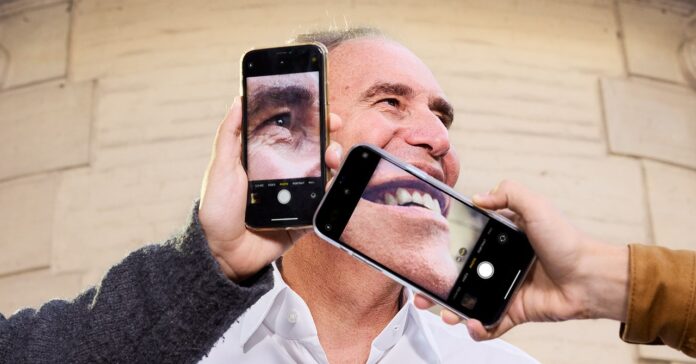In Short:
Meta Connect, a key developer event, starts on September 25 at 10 am Pacific. CEO Mark Zuckerberg will present new VR and mixed-reality tech, and discuss integrating AI into devices. A cheaper Meta Quest 3S headset is rumored, but no expensive headsets will be unveiled. Interest in the metaverse has decreased since Meta’s big investments, especially after Apple’s Vision Pro struggled in the market.
Meta Connect, the significant developer event and hardware showcase conducted by Meta, the parent company of Facebook and Instagram, is set to commence next week. During this event, Meta is expected to unveil its latest advancements in virtual reality (VR) and mixed-reality technology, refine its ongoing ambitions regarding the metaverse, and explore innovative methods to integrate artificial intelligence (AI) into its products and services.
The event is scheduled for Wednesday, September 25, commencing at 10 am Pacific time. The keynote address, where the majority of disclosures will take place, will be available for livestreaming. This presentation will be led by Meta CEO Mark Zuckerberg, followed by a developer-centric address at 11 am, presented by Andrew Bosworth, Meta’s CTO and head of Reality Labs. Interested attendees can view the proceedings on the Meta Connect website, Meta’s YouTube channel, or through VR in Meta Horizon.
The core of the event is anticipated to revolve around the integration of Meta’s mixed-reality initiatives and its AI-focused strategies across various product lines. As is customary for technology events, surprises are also expected. Below are the notable aspects to monitor.
Blurry MetaVision
One aspect that is unlikely to be announced is a highly priced VR headset. This decision is influenced by the current state of the mixed-reality device market and consumer willingness to make substantial investments. Instead, speculation surrounds the potential introduction of a device known as the Meta Quest 3S, which could present a more affordable iteration of the Meta Quest 3, featuring lighter specifications.
Meta previously held a dominant position in the AR/VR sector approximately a decade ago when it acquired Oculus. Shortly thereafter, the company rebranded to Meta and invested approximately $45 billion into its vision of a digital universe, which has struggled to capture widespread interest. Workplaces have mostly reverted to using Zoom instead of employing Meta’s Horizon Workrooms, and despite the initial surge in corporate investments in virtual real estate, there has not been significant enthusiasm among users for transitioning into the metaverse.
Other industry players have similarly faced challenges in establishing a foothold in the virtual realm. For instance, Apple launched its inaugural mixed-reality headset, the $3,500 Apple Vision Pro, in February, a product that has been largely viewed as a misstep or a prototype not designed for the average consumer. Sales have been disappointing, and it has been criticized for being expensive and cumbersome, leading to a solitary user experience. Apple mentioned the Vision Pro only once during its optimistic iPhone announcement on September 9.
If the Vision Pro had achieved its intended impact, Meta might have been more inclined to pursue a high-end category of VR headset. In August, The Information reported that Meta appears to have shelved or at least postponed plans for an update to the Oculus Quest Pro, which could have competed with Apple’s Vision Pro. Bosworth, the company’s CTO, addressed this development on Meta’s Threads platform, asserting that it is a natural evolution in the company’s device development process, although it underscores a strategic move in light of the challenges faced by the Apple Vision Pro.





